Loot box lunacy: Parents fume as video games target kids with gambling-like incentives
The federal government has ignored multiple reports and warnings about the effect of video games, and must act to protect vulnerable children.
Technology
Don't miss out on the headlines from Technology. Followed categories will be added to My News.
Exclusive: Australia is allowing tech giants to target children with gambling-style additions putting their earnings and futures at risk, experts warn, despite multiple inquiries and recommendations that under-age players be protected from the controversial, money-spinning operations.
Loot boxes, also known as game micro-transactions, have now been banned in countries including Japan, the Netherlands and Belgium, with similar recommendations in the UK, where a report warned “if a product looks like gambling and feels like gambling, it should be regulated as gambling”.
Yet despite calls for strong restrictions on their use in an Australian Senate inquiry two years ago, and further recommendations in February last year, the federal government has yet to take action on what experts call a “big risk” to young gamers.
Loot boxes, also known as lockboxes, crates and player packs, are mystery collections of virtual items in games and can be purchased with in-game currency, credits or real-world cash.
They can unlock new virtual outfits, tools, or skills to give players an advantage, and can sometimes be traded or sold for cash in marketplaces.
A 2018 Senate inquiry into the field found loot boxes generated 25 per cent of the gaming industry’s $US117 billion ($AU152 billion) revenue, with that figure set to skyrocket to 47 per cent of a $US160 ($AU208) billion market by 2022.
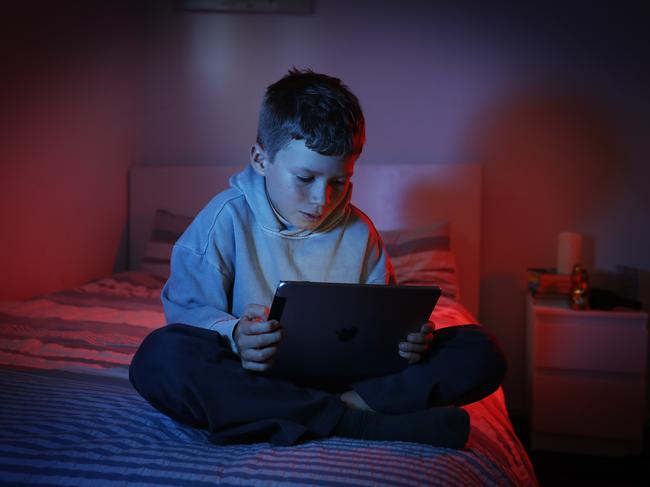
The inquiry also found many loot boxes met “the five established psychological criteria for gambling,” and it recommended a “comprehensive review of loot boxes in video games” led by the Communications Department and involving several government agencies.
A further inquiry in February 2020 recommended the Australian eSafety Commissioner report on options for restricting access to loot boxes by children.
But the federal government has yet to take action in response to either reports, or further advice that loot boxes be banned from children “where virtual items can be monetised”.
A spokesman for the Communications Department said it was monitoring “academic research and industry developments” into loot boxes.
And, in response to the 2020 report this month, the federal government said it “noted” but rejected a recommendation for a report on restrictions as “loot boxes would be more appropriately dealt with by the National Classification Scheme” and “broader online safety reform”.
But Central Queensland University senior postdoctoral fellow Dr Alex Russell said restricting the use of loot boxes “and making them unavailable to under-18s seems like a no-brainer” as multiple studies showed they could put children at risk while also exploiting problem gamblers.
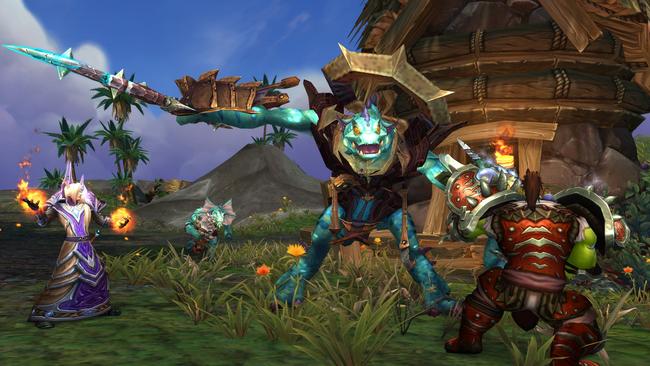
Dr Russell said many games developers used rewards like the real-world gambling industry to keep players hooked and encourage them to spend a lot of money quickly.
“One of the big things about loot boxes if that they draw a lot from pokies,” he said.
“There are big lights and sounds if you get a bit of a win, and there’s also the ability to keep buying so you can buy lots of loot boxes in a very short time. If you get carried away it’s not hard to spend a lot of money.”
Research into loot boxes, led by QCU’s Professor Matthew Rockloff for the NSW Government, found more than 60 per cent of the top-selling video games featured them, and adolescents and young adults who purchased loot boxes were more likely to suffer gambling problems.
A recent review of 13 studies in the field by researchers at the Universities of Plymouth and Wolverhampton also found 12 proved “unambiguous” links between loot boxes and problem gambling, with young, male players most at risk.
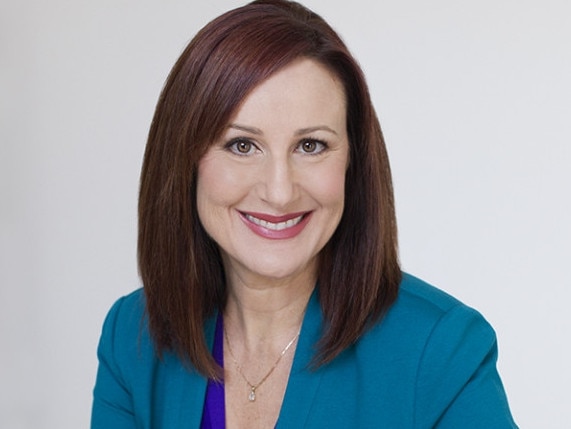
Cyber safety educator Leonie Smith said children overspending on loot boxes and other virtual items had become alarmingly common in Australia, particularly in mobile games where spending could be linked to a parent’s account.
“I recently saw a parent say their child had spent over $3000 in Robux (Roblox currency) and they had no idea,” she said.
“It’s done on purpose to make money for these companies and platforms need to take more responsibility. They’re dealing with children who don’t have an understanding of what they’re spending and a lot of parents who don’t know how to control it.”
Ms Smith said penalties and regulations were urgently needed to force reform in the game industry, even if it meant consumers would be asked to pay more for titles up front.
Neuroscience communicator and learning expert Jill Sweatman said parents should be mindful of how much time especially young children spent playing games, as they were not equipped to moderate their behaviour, particularly when games had been designed to keep them playing.
“What we forget is that children are not just playing a game, they’re playing the house and the house always wins,” she said.
“These games have been expertly design by psychologists who know exactly how to get them hooked. What they are playing is millions of dollars of research. They’re outclassed.”
‘I WAS LIKE ‘WHAT THE HELL ARE YOU DOING?’’
A blue glow from the lounge room at midnight made Faye James realise her household was in the grips of a video game obsession.
Her son Pablo, then six years old, had snuck out of his room to play Roblox at the invitation of older players, way past his bed time on a school night.
“I was like, ‘what the hell are you doing?’ and he said he’d been asked to join a game. I was absolutely furious,” she said. “We locked his game time during the week and now he’s only allowed one hour on Saturday and Sunday.”
But the tough restrictions have not weakened Pablo’s Roblox fixation, Ms James said.
The eight-year-old talks about the game at school, watches YouTube creators Flamingo and Shark Blox for game tips, and spends all his pocket money and birthday funds on virtual items for use in Roblox, converting funds into the game’s virtual currency, Robux, in electronics stores.
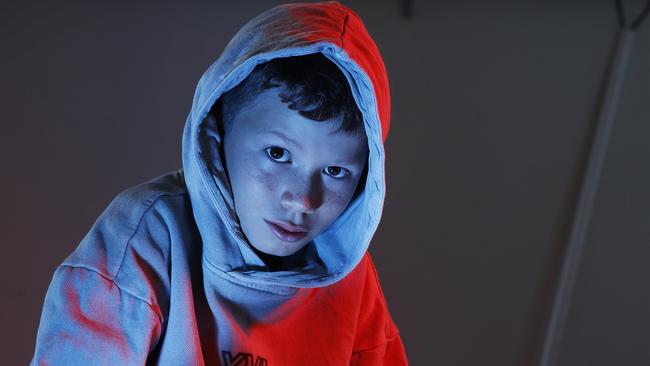
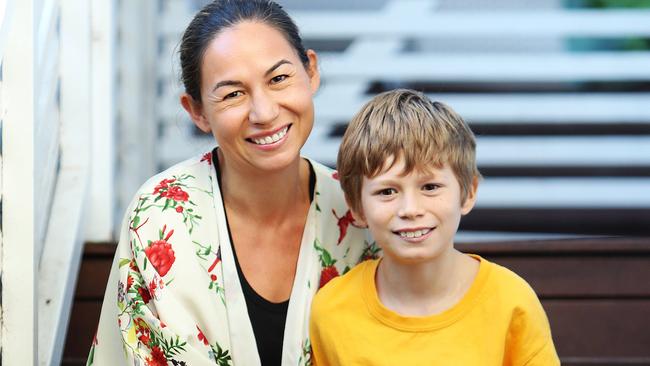
During Covid-19 lockdowns, Ms James said she allowed Pablo to play Roblox more often to allow her to get work done but quickly noticed how badly it impacted his mood.
“I feel like I’ve not been strict enough with him and he was allowed too much screen time too young and it’s only now that we see what it’s done,” she said. “I thought it would wane because we’ve limited his screen time so much but it’s still the number one thing in his life.”
Cybersafety educator Leonie Smith said fixations on Roblox were not uncommon for primary school-aged players, as many games on the platform were designed to entice young users and keep them playing by encouraging online friendships, gambling-style rewards and play “without end”.
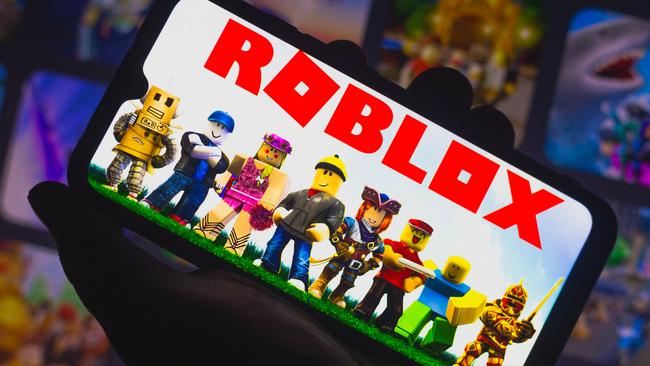
“I would like to see a 13+ age rating on it with real warnings about the dangers to kids,” she said. “It should be rated at the same level as Minecraft, at least.”
Roblox, which is a game platform hosting multiple titles, currently has an open-ended age limit with a suggestion that players under 13 seek guidance from their parents.
Roblox Corporation last year revealed one in four of its 37.1 million players were under the age of nine, and almost one in three were aged between nine and 12 years.
Ms Smith said the prevalence of graphic pornography and inappropriate behaviour that was able to evade Roblox filters in some games was also deeply concerning, and parents should carefully monitor their child’s play as well as setting time limits and keeping an open discussion about what they played.
“With gaming, it’s important to set realistic boundaries and make sure your kids have a good understanding of why they need to curtail screen time,” she said. “That is going to be better long-term than some parental control they will find their way around."
Originally published as Loot box lunacy: Parents fume as video games target kids with gambling-like incentives




